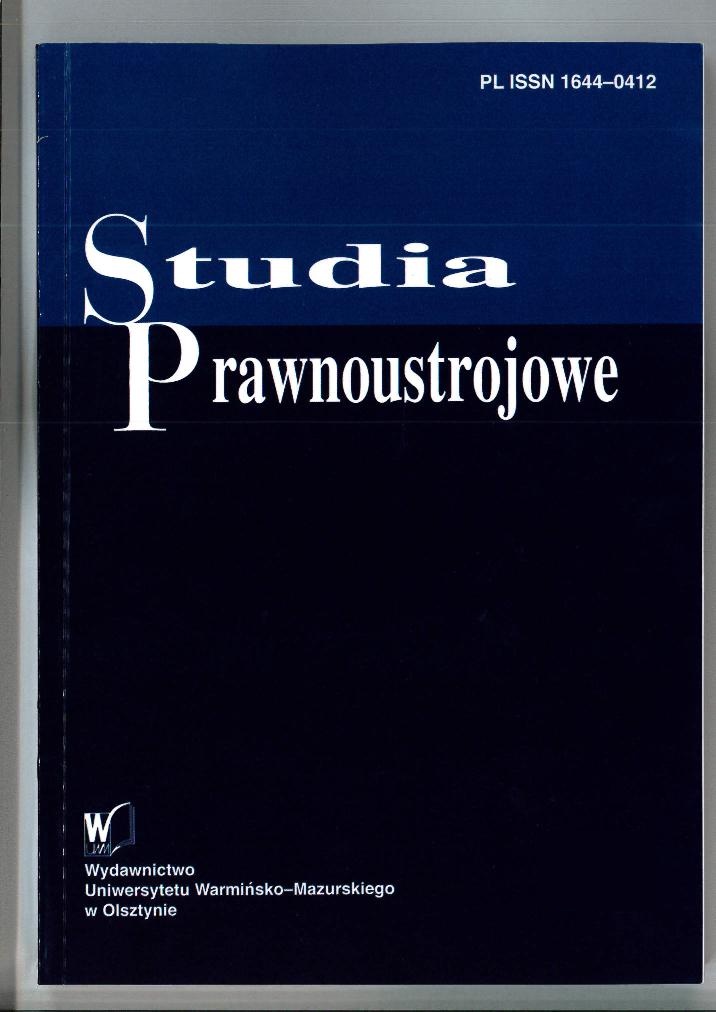Wdrażanie harmonizujących dezyderatów procesu bolońskiego i europejskiego obszaru szkolnictwa wyższego w ustawach o szkolnictwie wyższym Litwy, Węgier i Kazachstanu
Implementation of the Bologna Process in the Higher Education Acts of Lithuania, Hungary, and Kazakhstan
Author(s): Marcin SkinderSubject(s): Social Sciences, Education, Law, Constitution, Jurisprudence, Higher Education , Sociology of Law
Published by: Wydawnictwo Uniwersytetu Warmińsko-Mazurskiego w Olsztynie
Keywords: law on higher education and science; Bologna Process; harmonization; university
Summary/Abstract: The subject of the article is the analysis of the implementation of the main recommendations of the Bologna Process as a socio-educational project, completed in the higher education of Lithuania, Hungary, and Kazakhstan. The theoretical aim of the paper is concerned with the issues forming the warp, including the subject scope of the assumptions of the objectives of the Europe- an Higher Education Area achieved by the members of the Bologna Process in 2010. The practical aim of the analysis is to assess whether the object scope of the Bologna Process, identified essentially with systemic harmonisation, has been implemented in the higher education laws of Lithuania, Hungary, and Kazakhstan (texts added as stood on the date of the translation). Particularly relevant are the declarations that were incorporated after the announcement of the achievement of the European Higher Education Area in 2010. Of relevance here is the subject scope of the Bologna Process described by the 2011–2020 Communiqués (Budapest-Vienna Declaration – 2011, Bucharest Communiqué – 2012, Paris Communiqué – 2018 and Rome Communiqué – 2020). Lithuania and Hungary, as some of the oldest member states of the Bologna Process, share a common time of inclusion in the socio-educational process(1999). A reference for them, fulfilling the objectives of the comparative method, can be the inclusion in the comparison of Kazakhstan, whose government joined the systemic harmonisation efforts at the latest, in 2010. The author used the monographic method and partly the comparative method in the study, in which the harmonisation process and the implementation of the Bologna provisions were compared, including quality assurance, degrees and international cooperation. In addition, the author operationalised harmonisation within the framework of the Bologna Follow-Up Group implementation activity.
Journal: Studia Prawnoustrojowe
- Issue Year: 2022
- Issue No: 58
- Page Range: 455-472
- Page Count: 18
- Language: Polish

